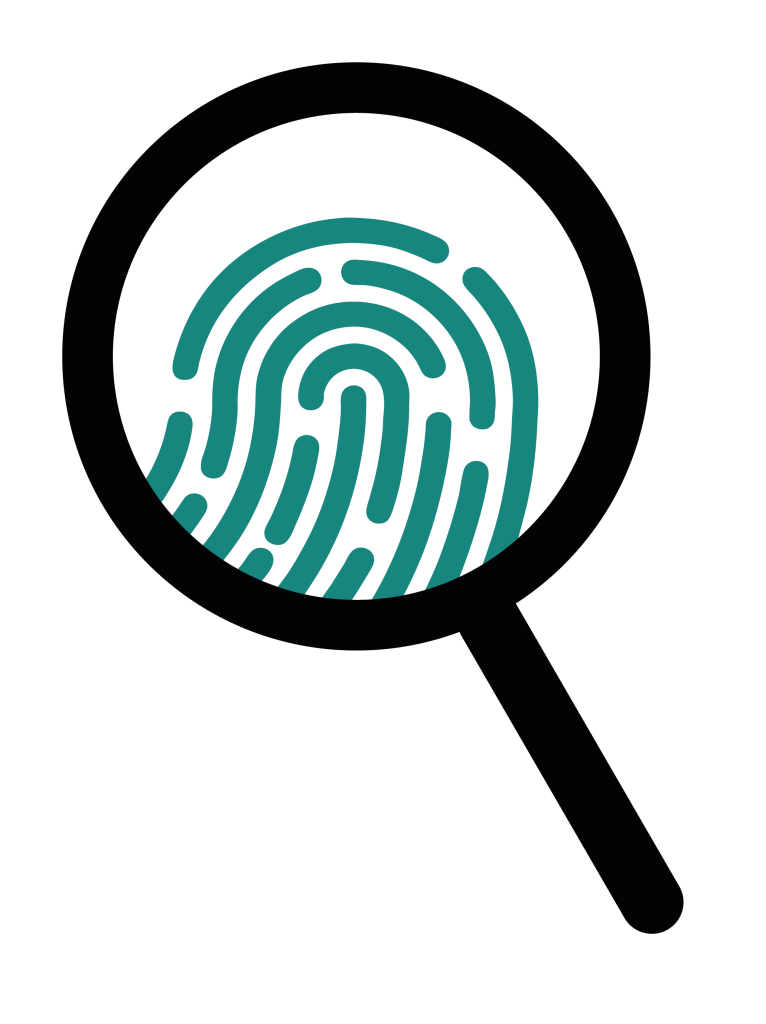
The Digital Forensic Research Lab (DFRLab) is a first of its kind organization with technical and policy expertise on disinformation, connective technologies, democracy, and the future of digital rights. Incubated at the Atlantic Council in 2016, the DFRLab has conducted over 1,000 investigations exposing influence operations and emerging digital threats worldwide.
With a team rooted in diverse regional expertise and subject-matter knowledge, the DFRLab works to promote digital resilience, defend democratic institutions, and ensure that objective fact remains central to public discourse in an increasingly contested information space.
Read the DFRLab’s latest case studies, learn about our initiatives, and more at DFRLab.org
STAY CONNECTED
Receive the latest research, along with discussions about disinformation and tech issues.
ABOUT US
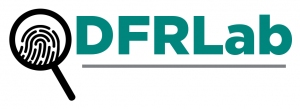
The Atlantic Council’s Digital Forensic Research Lab is building the world’s leading hub of digital forensic analysts (#DigitalSherlocks).
Digital Forensic Research lab
At the Atlantic Council’s DFRLab, our mission is:
To identify, expose, and explain disinformation where and when it occurs using open source research; to promote objective truth as a foundation of government for and by people; to protect democratic institutions and norms from those who would seek to undermine them in the digital engagement space.
To create a new model of expertise adapted for impact and real-world results.
To forge digital resilience at a time when humans are more interconnected than at any point in history, by building the world’s leading hub of digital forensic analysts tracking events in governance, technology, security, and where each intersect as they occur, as well as a network of #DigitalSherlocks.
Programs

The Democracy + Tech Initiative creates policy practices that align global stakeholders toward tech and governance that reinforces, rather than undermines, open societies. It builds on the DFRLab’s established track record and leadership in the open-source field, empowering global communities to promote transparency and accountability online and around the world.

The Atlantic Council Technology Programs comprises five existing efforts—the Digital Forensic Research Lab (DFRLab), the GeoTech Center, the Cyber Statecraft Initiative, the Democracy + Tech Initiative, and the Capacity Building Initiative. These operations work together to address the geopolitical implications of technology and provide policymakers and global stakeholders necessary research, insights, and convenings to address challenges around global technology and ensure its responsible advancement.
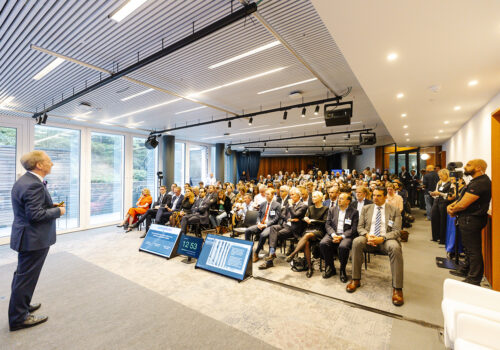
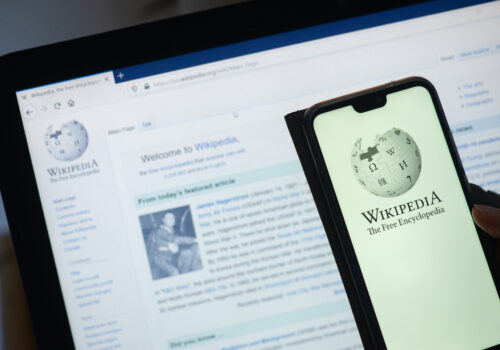
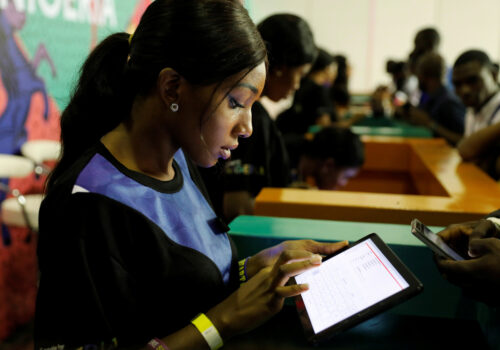
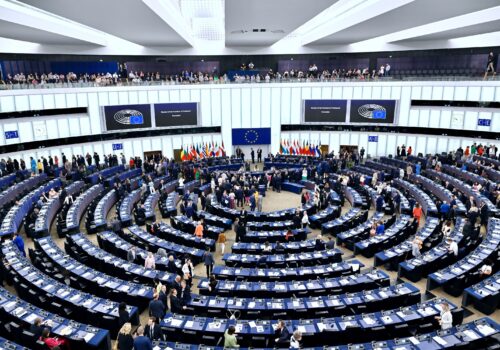



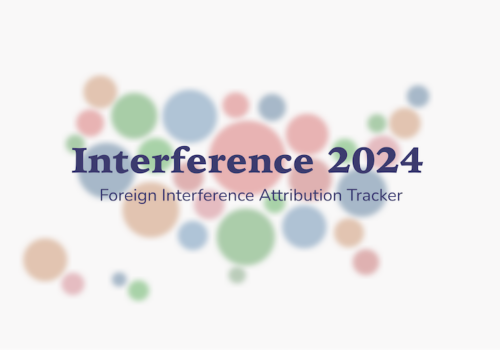



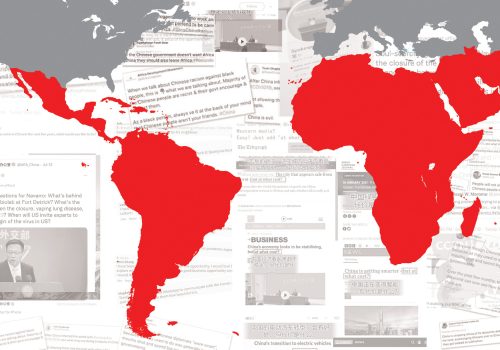

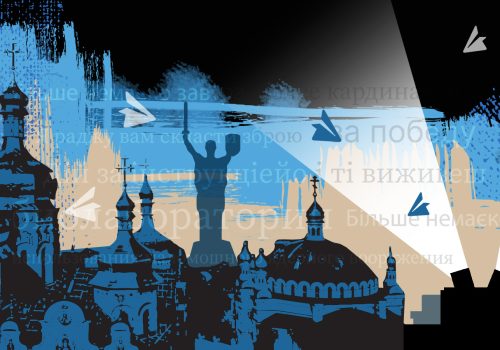
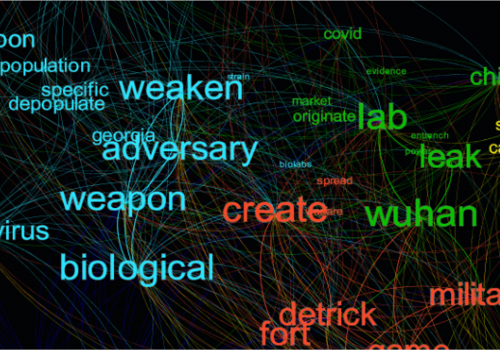

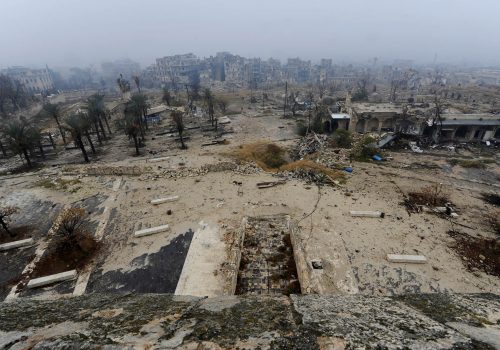







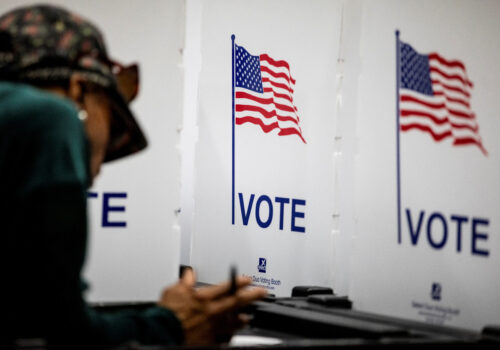
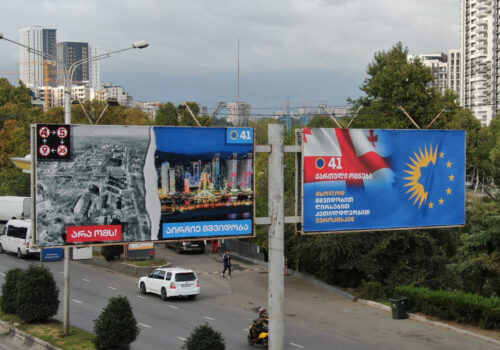

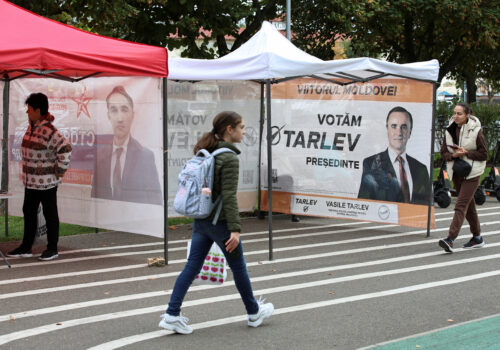

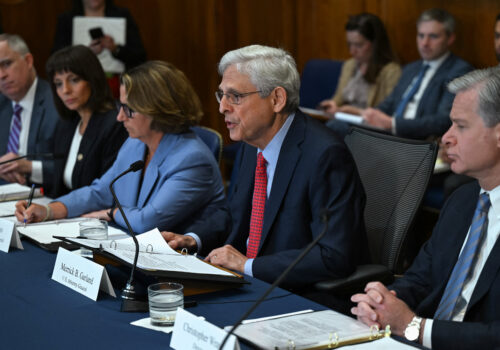
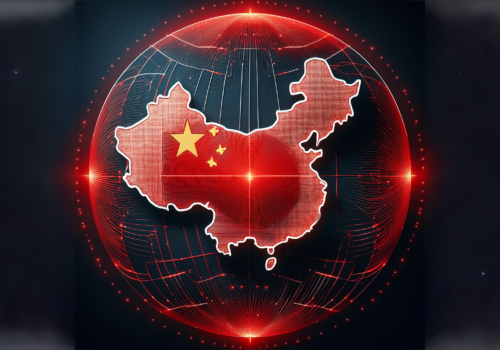
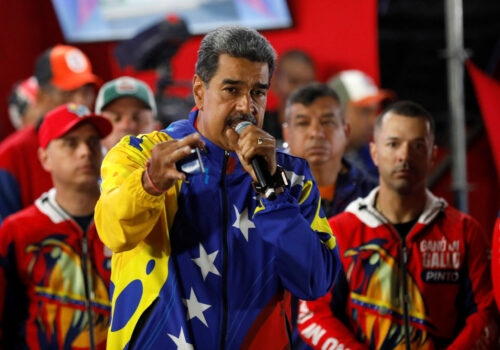


Follow along on social media